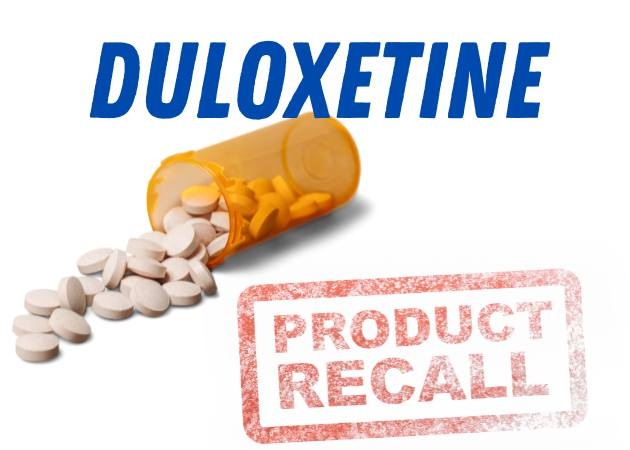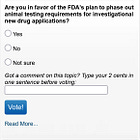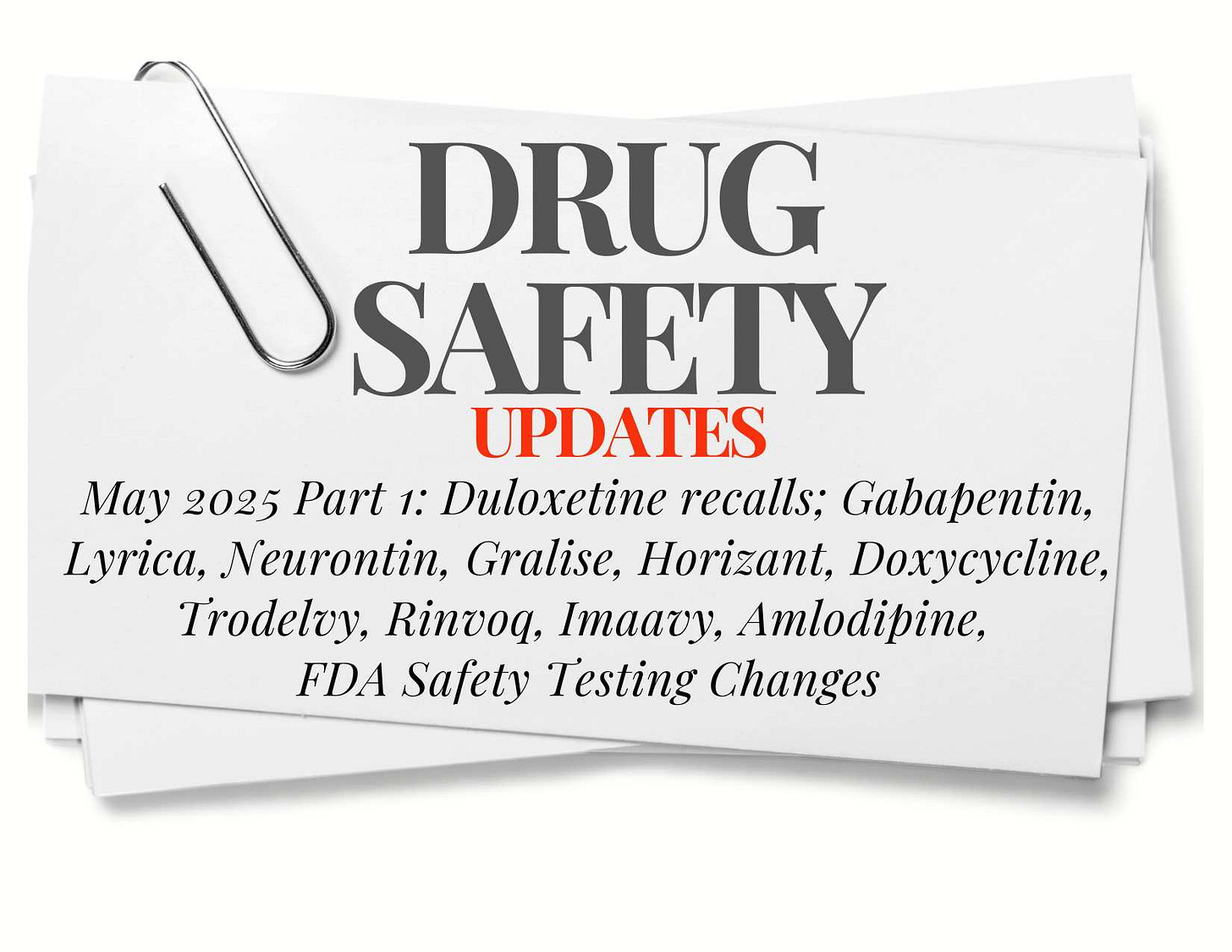May 2025 Safety Update: Duloxetine Recall; New Warnings for Gabapentin, Lyrica, Doxycycline, Other Antibiotics; Animal Testing Changes; FDA Delays Continue; Medication Tips
Duloxetine Recall
A large recall is underway for duloxetine, generic for Cymbalta brand name antidepressant. 343,344 bottles of duloxetine 30 mg. delayed release tablets and 16,475 bottles of duloxetine 60 mg tablets made by Towa Pharmaceuticals Europe in Barcelona, Spain for Breckenridge Pharmaceutical (a Towa company). The medications were flagged for containing higher than acceptable levels of nitrosamine impurities, which can increase the risk of cancer. Nitrosamine impurities are not caused by unsanitary conditions in the facility; they occur during the manufacturing process.
This recall is the latest in a string of similar recalls that have occurred over the past six months. Towa Pharmaceuticals also recalled about 7,100 bottles of duloxetine in October for the cancer-causing chemical. In December, more than 233,000 bottles of duloxetine delayed-release capsules were recalled by Rising Pharmaceuticals (made in India) for same reason. In March 2025, more than 1.5 million bottles of Glenmark’s atomoxetine, (generic for Strattera), made in India, were recalled for nitrosamine impurities.
The recall is directed at pharmacies, but consumers may check the FDA Enforcement Report for affected product lot numbers and expiration dates.
FDA Enforcement Report
FDA Safety Updates Delays Continue
The FDA Safety-Related Labeling Changes (SrLC) database is a primary source of information for both this newsletter (Ask a Patient® Health News: Drugs & Treatments) and for the FDA drug side effects series I write for the MedShadow Foundation website. MedShadow’s Emma Yasinski interviewed me about delays in safety updates, which the FDA attributes to Health & Human Services (HHS) agency restructuring. Check out:
Mission Critical Update: Medication Safety Updates from the FDA Delayed
The safety updates described in today’s newsletter were obtained from four recent FDA supplemental applications (for gabapentinoids) or were already in the queue from SrLC updates from March (for tetracyclines and Trodelvy).
New Warnings for Gabapentinoids
Gabapentin (brand name Neurontin) treats shingles-related pain, nerve pain, seizures, and a variety of other conditions. (See our article, “What is gabapentin used for and why are so many patients taking it?”) Pregabalin (brand name Lyrica) belongs to the same family of medications (gabapentinoids) and treats diabetic peripheral neuropathy (a type of nerve pain in the feet) and fibromyalgia.
Four gabapentinoids have new warnings about the risk of suicidal thoughts and the risk of withdrawal symptoms. The FDA sent letters to the sponsors of these products with instructions to add new safety information to drug labels:
Neurontin (gabapentin), Gralise (gabapentin), Horizant (gabapentin enacarbil), Lyrica and Lyrica CR (pregabalin).
The labels now state that reactions upon discontinuation may include, but are not limited to, seizures, depression, suicidal ideation and behavior, agitation, confusion, disorientation, psychotic symptoms, anxiety, insomnia, nausea, pain, sweating, tremor, headache, dizziness, and malaise. Patients are advised to taper the medications gradually over a minimum of 1 week.
For many years, the Ask a Patient website has received anecdotal reports of withdrawal problems in Lyrica and Neurontin withdrawal and suicidal ideation with Lyrica and Neurontin and other gabapentin-type drugs. The potentially addictive nature of the medication was covered in our January 2023 newsletter: “Promise and Problems with Gabapentin.”
For more information about each drug, with updated side effects, warnings, and dosage instructions, read:
Neurontin revised label
Gralise revised label
Horizant revised label
Lyrica revised label
If you have ever used any of these products, please take a moment to share your opinion or experience with the medication at Ask a Patient website.
Tetracycline Antibiotics and Fixed Drug Eruptions
Several tetracycline-containing antibiotics had safety label updates to warn that severe skin hypersensitivity reactions called fixed drug eruptions (FDE) have occurred. With an FDE reaction, skin reactions worsen each subsequent time the drug is used. A very severe variant of FDE is “generalized bullous fixed drug eruption” (GBFDE), which can be life-threatening. The tetracycline antibiotics with the new warning include:
Pylera (bismuth subcitrate potassium; metronidazole; tetracycline)
Pylera FDA Safety Label Change
Doryx (doxycycline hyclate) delayed release tablets
Doryx FDA Safety Label Change
Minocin (minocycline hydrochloride)
Minocin FDA Safety Label Change
In December 2024, a group of NSAID pain drugs had new warnings about fixed drug eruptions: “Skin Reactions and NSAIDs'.”
In July 2024, a group of metronidazole-containing antibiotics (including Flagyl and Pylera, which is also contains tetracycline) had new warnings about severe skin reactions. “Metronidazole antibiotics: severe skin reactions and tinnitus.”
Trodelvy (sacituzumab govitecan-hziy) for injection, for intravenous use
Trodelvy, a treatment for advanced breast cancer, added a boxed warning about the risk of severe, life-threatening, or fatal neutropenia (low white blood cell count) and for the risk of severe diarrhea. Because of unfavorable clinical trials results for its use as a bladder cancer treatment, Trodelvy is no longer approved for treating urothelial (bladder) cancer. Trodelvy was initially approved in 2020.
Trodelvy FDA Safety Label Change
FDA Announces Phase-out of Animal Studies for Preclinical Safety Trials of New Drugs
On April 10, FDA commissioner Martin Makary announced that the FDA has a plan to encourage the use of New Approach Methodologies (NAMs), such as AI-driven computational models, organoids, and organ-on-a-chip systems for Investigational New Drug Applications (INDs) to demonstrate preclinical (before human clinical trials) drug safety. Read more and answer a quick poll on whether you think this is a good idea:
New and Expanded Drug Approvals
Imaavy (nipocalimab-aahu) intravenous infusion
J&J’s Imaavy was approved to treat myasthenia gravis (gMG), a neuromuscular disorder that weakens the skeletal muscles, especially those in the eyes, mouth, throat and limbs. The new monoclonal antibody treatment was approved for age 12 and up. After initial dosing, patients will receive maintenance doses every two weeks. Myasthenia gravis affects about 100,000 people in the U.S., according to J&J. Imaavy received an accelerated “priority review” of its application. With priority review, the FDA aims to take action on a drug application within 6 months, compared with 10 months under standard review.
J&J Press Release
Drug label for Immavy
Explanation of monoclonal antibody therapy from Cleveland Clinic.
Rinvoq (upadacitinib) extended-release tablets for Giant Cell Arteritis (GCA)
Abbvie’s rheumatoid arthritis, ulcerative colitis, and eczema drug Rinvoq received expanded approval to treat giant cell arteritis (GCA) in adults. GCA mainly affects women over the age of 50 and causes inflammation of the arteries in the scalp, neck, and arms. Giant cell arteritis often occurs along with polymyalgia rheumatica, a disorder causing muscle pain and stiffness in the neck, shoulders and hips.
Adverse reactions when taking Rinvoq for GCA include upper respiratory tract infections, headache, fatigue, swelling (edema), cough, anemia, rash, herpes zoster (shingles), and nausea. Rinvoq’s website says it is the first and only once-daily, non-steroid pill approved for the treatment of GCA. Rinvoq was originally approved in 2019.
Rinvoq press release
Rinvoq Drug Label with Expanded Approval
Read more about giant cell arteritis (GCA) at Medline Plus.
Research: Potential of Amlodipine for ADHD
An international team of researchers, including scientists from University of Iceland and University of Surrey, found that a common blood pressure drug, amlodipine, could be an effective new ADHD treatment. The study, which involved testing the drug on rats and zebrafish, was published in Nature’s Neuropsychopharmacology journal.
https://www.psychiatrist.com/news/blood-pressure-drug-could-offer-novel-adhd-treatment/
Check out a list of amlodipine-containing calcium channel blocker drugs (used primarily for high blood pressure) and their ratings at Ask a Patient: Amlodipine-containing Medications
Medication Tips
Dr. Lucy McBride answered these recent health and medication questions asked by readers of her newsletter “Are You Okay?”
I had a high fasting blood sugar—should I be worried about diabetes?
What can I do about low blood pressure?
Did you miss the last Drug Safety Update? Check out:
Warnings about Topical Finasteride
Counterfeit Ozempic Warnings
Visit us at AskaPatient.com for medication and vaccine ratings and reviews provided by patients along with more news and health information.




